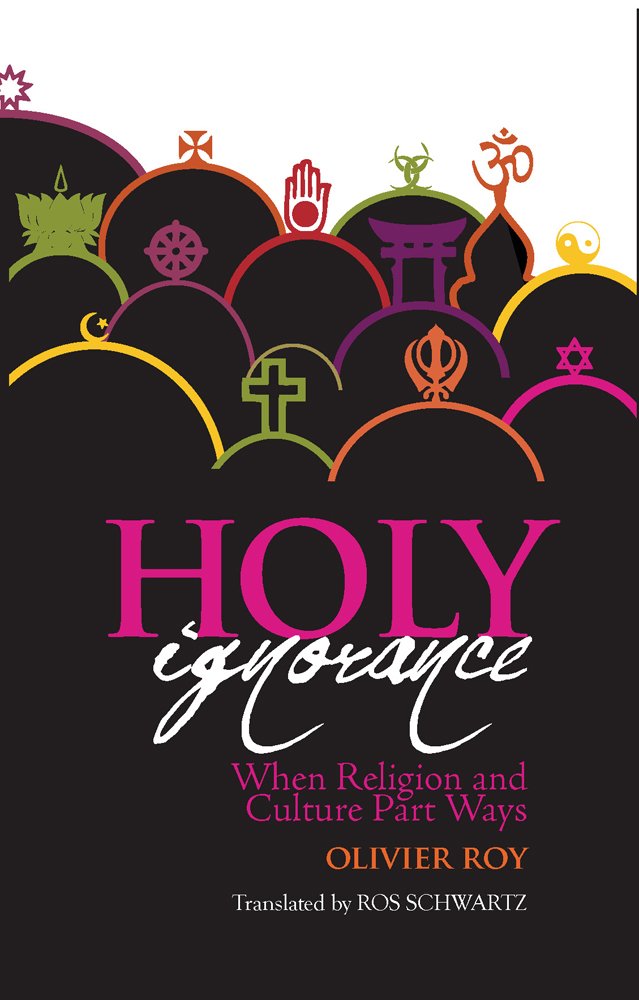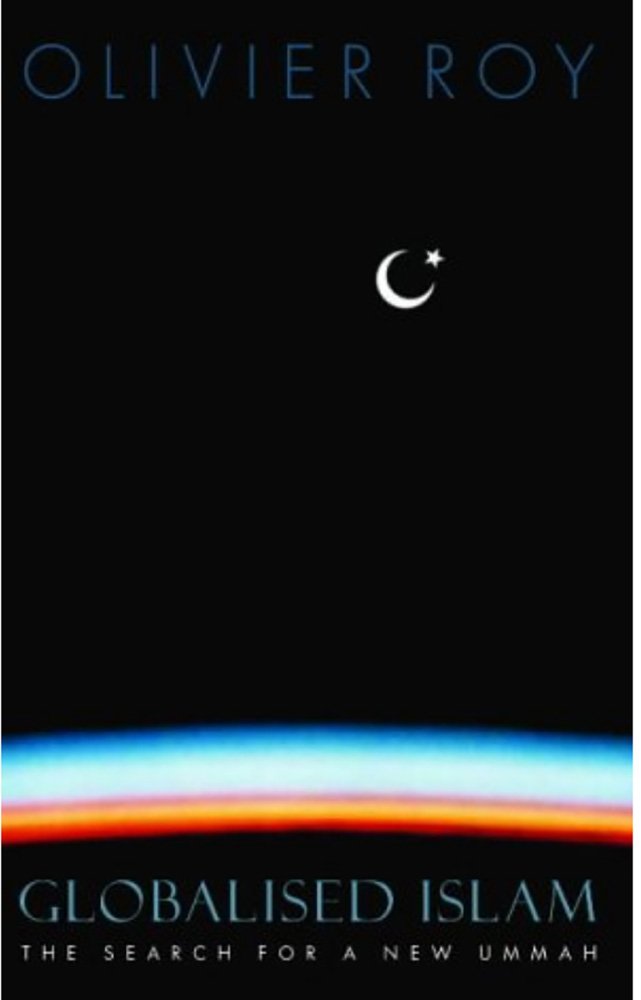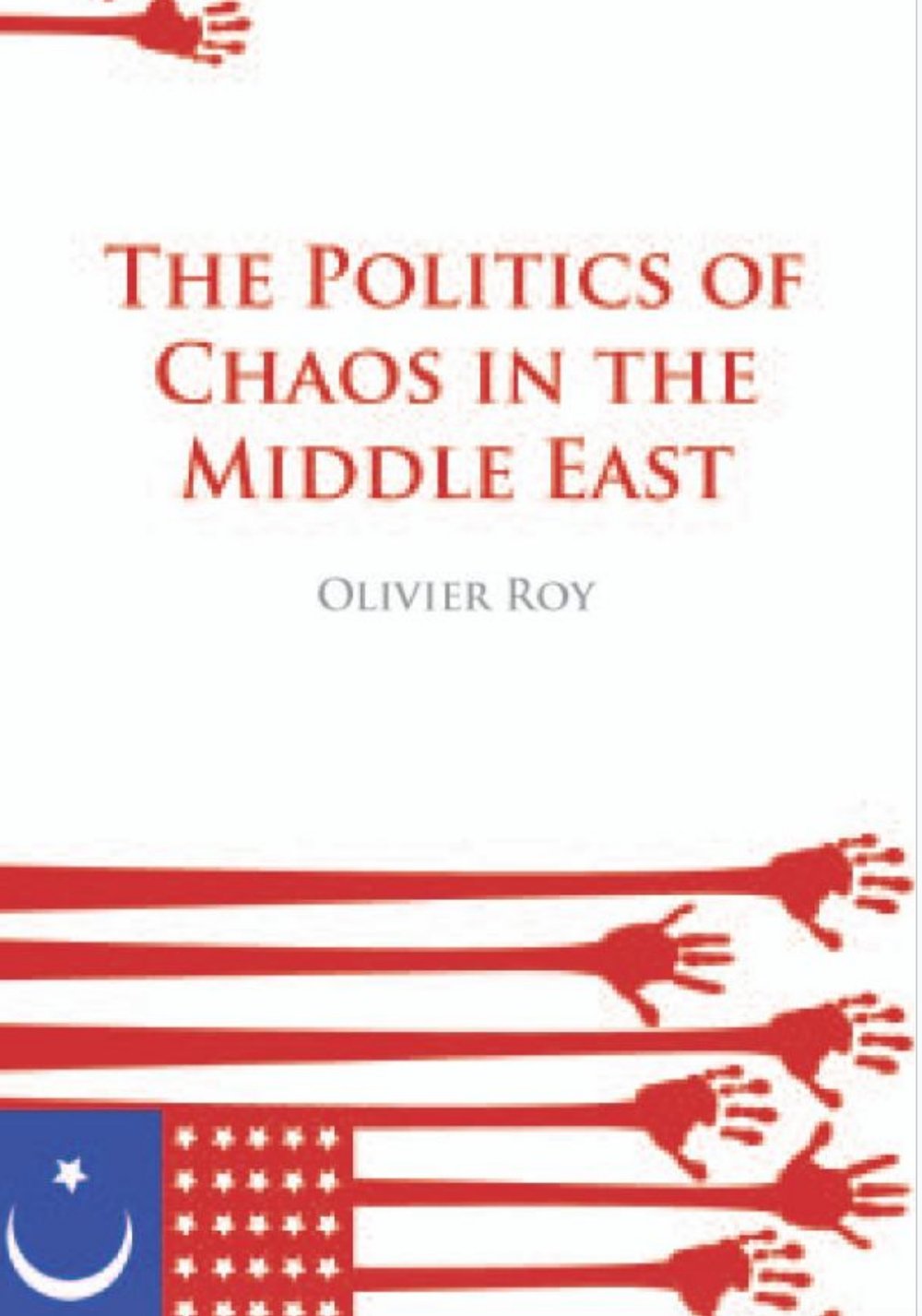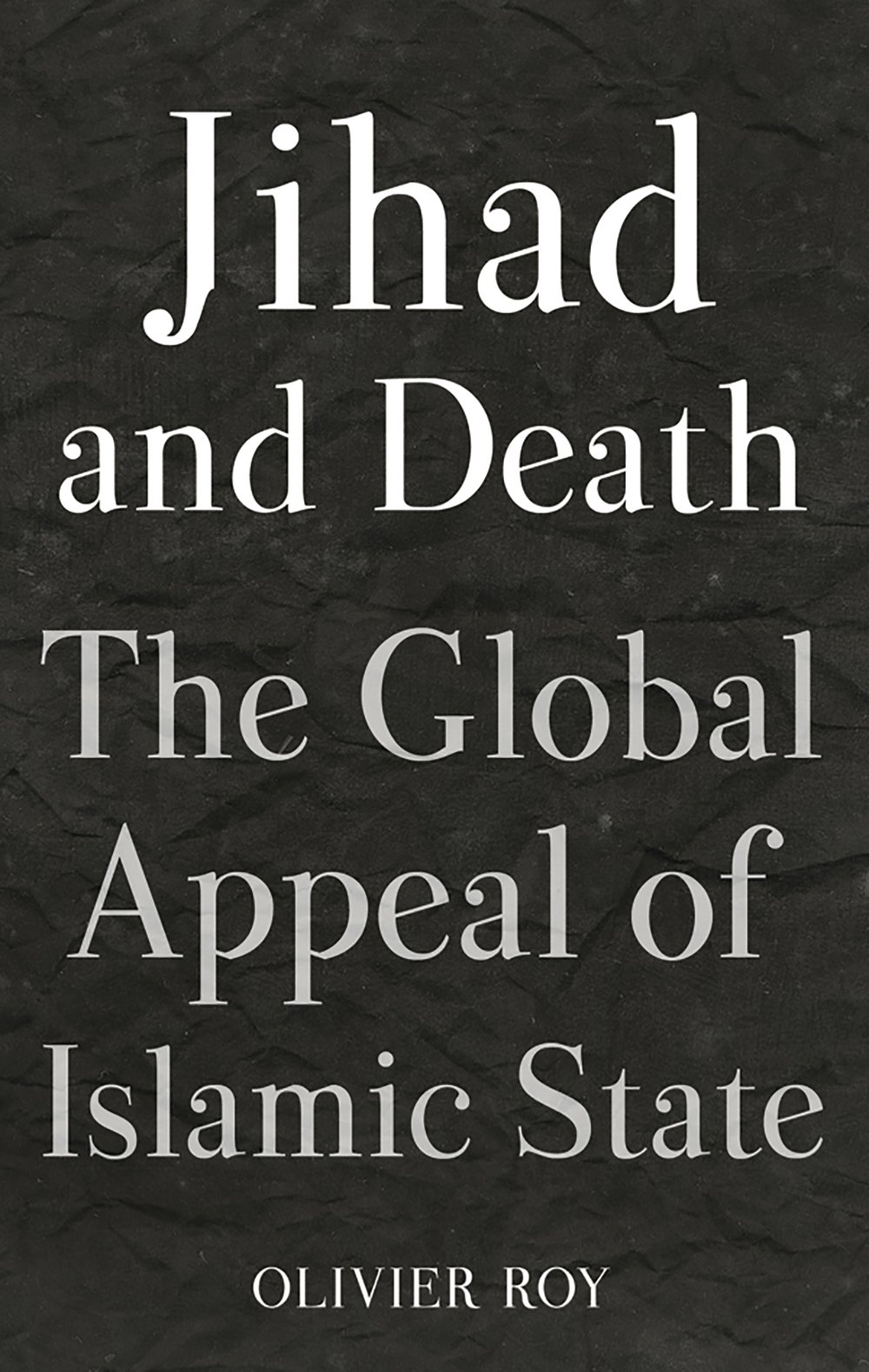The Crisis of Culture
Identity Politics and the Empire of Norms
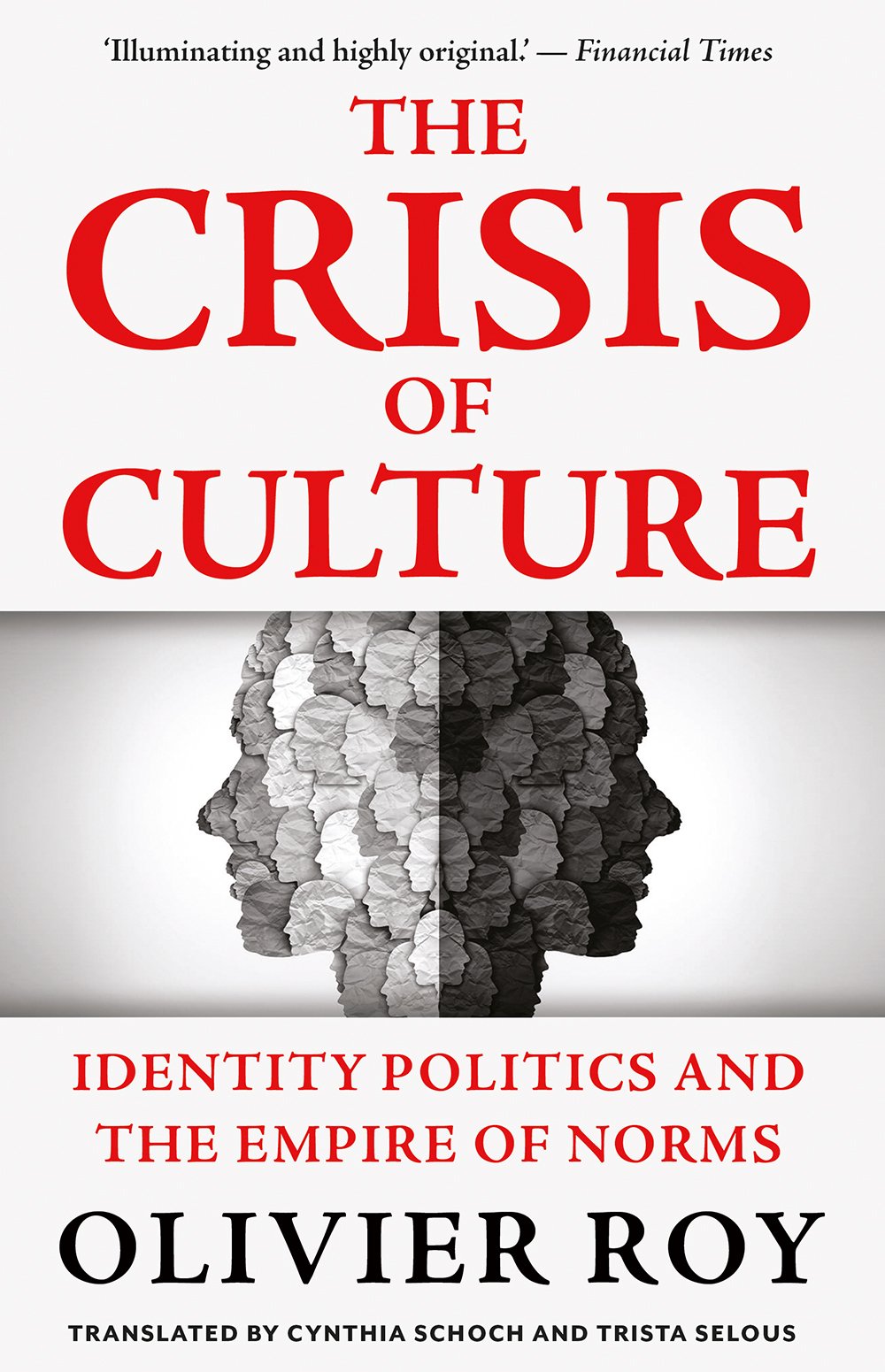
Are we confronting a new culture — global, online, individualistic? Or is our existing concept of culture in crisis, as explicit, normative systems replace implicit, social values?
Olivier Roy’s new book explains today’s fractures via the extension of individual political and sexual freedoms from the 1960s. For Roy, twentieth-century youth culture disconnected traditional political protest from class, region or ethnicity, fashioning an identity premised on repudiation rather than inheritance of shared history or values. Having spread across generations under neoliberalism and the internet, youth culture is now individualised, ersatz.
Without a shared culture, everything becomes an explicit code of how to speak and act, often online. Identities are now defined by socially fragmenting personal traits, creating affinity-based sub-cultures seeking safe spaces: universities for the left, gated communities and hard borders for the right.
Increased left- and right-wing references to ‘identity’ fail to confront this deeper crisis of culture and community. Our only option, Roy argues, is to restore social bonds at the grassroots or citizenship level.
‘This is by far the best analysis I have read of the culture wars and identity politics that besets our time.’ — Faisal Devji, Professor of Indian History, University of Oxford

Olivier Roy is Professor at the European University Institute in Florence. Six of his highly acclaimed books on religion and politics are published by Hurst, including Globalised Islam; Jihad and Death; Holy Ignorance; and Is Europe Christian?


